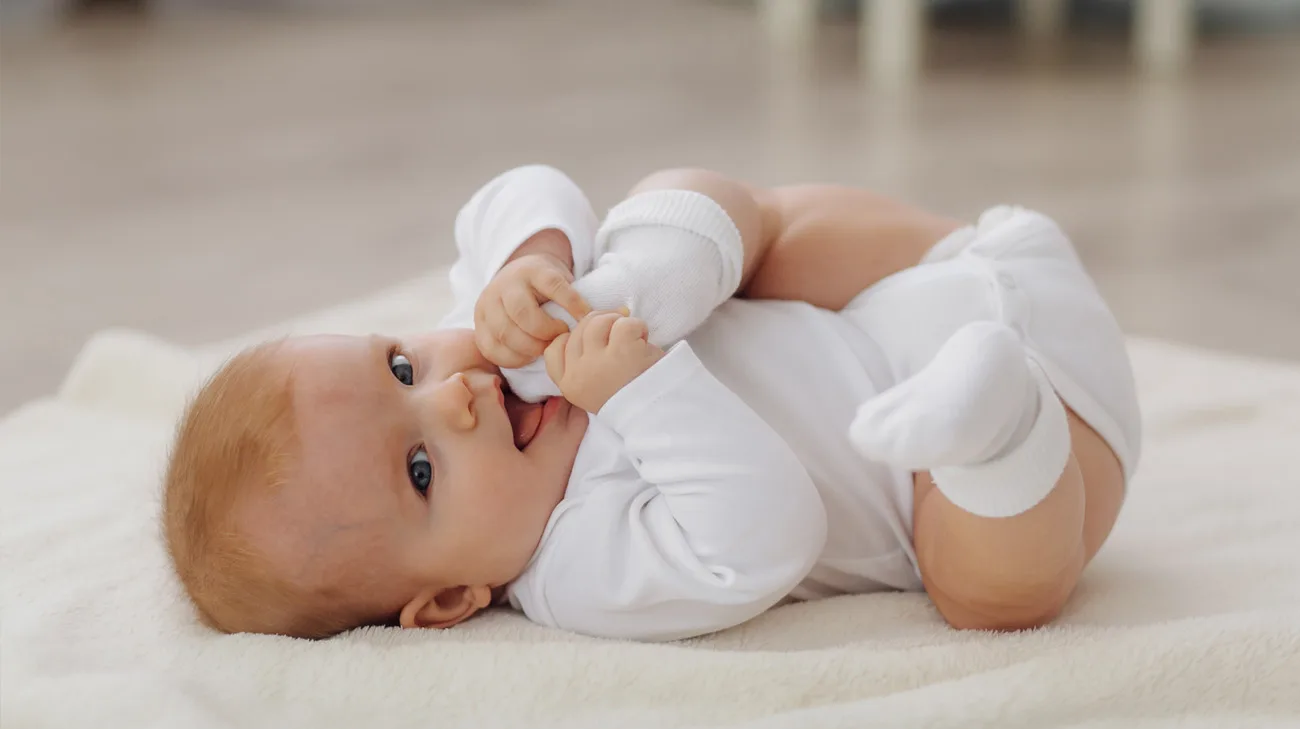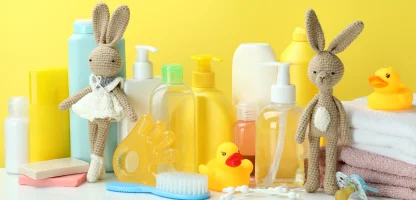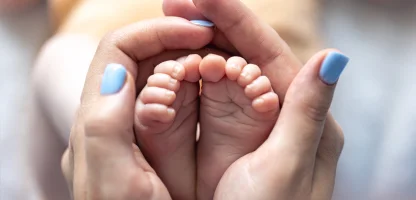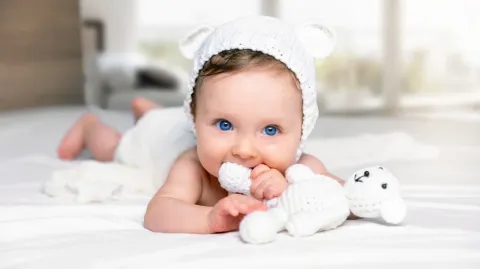Safety of Materials Used in Baby Products and How to Choose the Right Ones
The period between 0–12 months is when your baby is the most curious, discovering the world by touching everything and putting objects into their mouth. Their skin is still extremely delicate, and their immune system is not yet fully developed. That’s why the material of every product you choose for your baby matters so much. From bottles and pacifiers to blankets and toys, every item has an effect on your baby’s health. As mothers, our biggest concern is always the same: “Is this really safe?” In this article, I’ll explain the safest material types you can choose for baby products, in a warm and motherly tone.
1. Glass: One of the Cleanest and Most Natural Materials
Glass has been one of the most trusted materials for baby bottles and food storage containers for many years. It is naturally chemical free, heat-resistant, and does not degrade over time. One of its biggest advantages is how easy it is to sterilize you can boil it, steam it, or rinse it with hot water.
The only real drawback is the risk of breakage if it falls. So if you prefer to use a glass bottle, it’s best to combine it with a silicone or protective sleeve.
For mothers who want to avoid plastic during the extremely sensitive 0–6 month period, glass provides real peace of mind.
2. Stainless Steel: Durable and Chemical Free
Stainless steel has become a popular choice in recent years thanks to its strength and chemical free nature. Steel bottles don’t break, they’re lightweight, and very practical when you’re out and about.
The only thing to keep in mind is that steel conducts heat quickly. If you put hot formula inside, the outside surface can heat up immediately. Always check before giving it to your baby.
Some products also include an inner coating to make the surface smoother. Make sure this coating is safe for food contact.
3. Food Grade Silicone: The Safest Material for Pacifiers and Bottle Nipples
Silicone is one of the most trusted materials for pacifiers, bottle nipples, teething toys, and baby spoons. It’s flexible, soft, and perfectly suitable for a baby’s mouth.
The important detail here is to look for the phrase “food grade silicone.” This ensures that the silicone is high quality and safe when in contact with your baby’s mouth.
Silicone is also highly heat resistant, making it very easy to clean you can boil it, sterilize it, or wash it in hot water. It also doesn’t retain odors, which is a great bonus.
4. Safe Plastics: Always Check the Code
Not all plastics are harmful but they are not all safe either. This is why you need to be extra careful when choosing plastic products, especially during the 0–12 month period when babies constantly place bottles, spoons, toys, and anything else in their mouths.
Here are the key things to look for:
- Products should be free from BPA, BPS, and BPF
- Look for “PP” (Polypropylene) or “PPSU” on the product
- Avoid plastics with recycling codes 3 (PVC) and 7 (polycarbonate)
When the right type of plastic is selected, it can be very practical since it's lightweight and unbreakable.
5. Organic Cotton and Natural Fibers: The Best Choice for Skin Contact
A baby’s skin in the first year of life is much thinner and more permeable compared to adults. This makes material selection even more important for clothing, blankets, muslin swaddles, and sheets.
Organic cotton, bamboo, and natural fibers do not cause sweating and minimize the risk of irritation. Still, don’t rely only on the word “organic” always look for certifications. The most reliable one is:
- GOTS (Global Organic Textile Standard)
Products with this label guarantee that no harmful chemicals were used during production or finishing processes.
6. Why Is Material So Important?
As a mother, I know we often choose baby products based on color, design, or brand. But during the 0–12 month period, the most critical factor is material safety. Because:
Your baby puts everything in their mouth
Their immune system is not fully developed
Certain chemicals found in plastics can affect hormone balance
Their skin is extremely sensitive and absorbs chemicals more easily
That’s why being conscious of material safety is one of the best things you can do for your baby’s health.
Choosing the Right Material Means a Safer Start
Glass, stainless steel, food grade silicone, and organic cotton are always among the safest materials for baby products. With plastic items, it is essential to be selective and informed.
As a mother, your peace of mind is just as important as your baby’s safety. Taking a moment to check the material, production details, and small labels on products will protect both you and your baby in the long run.





Comments0
No comments yet — be the first to comment!